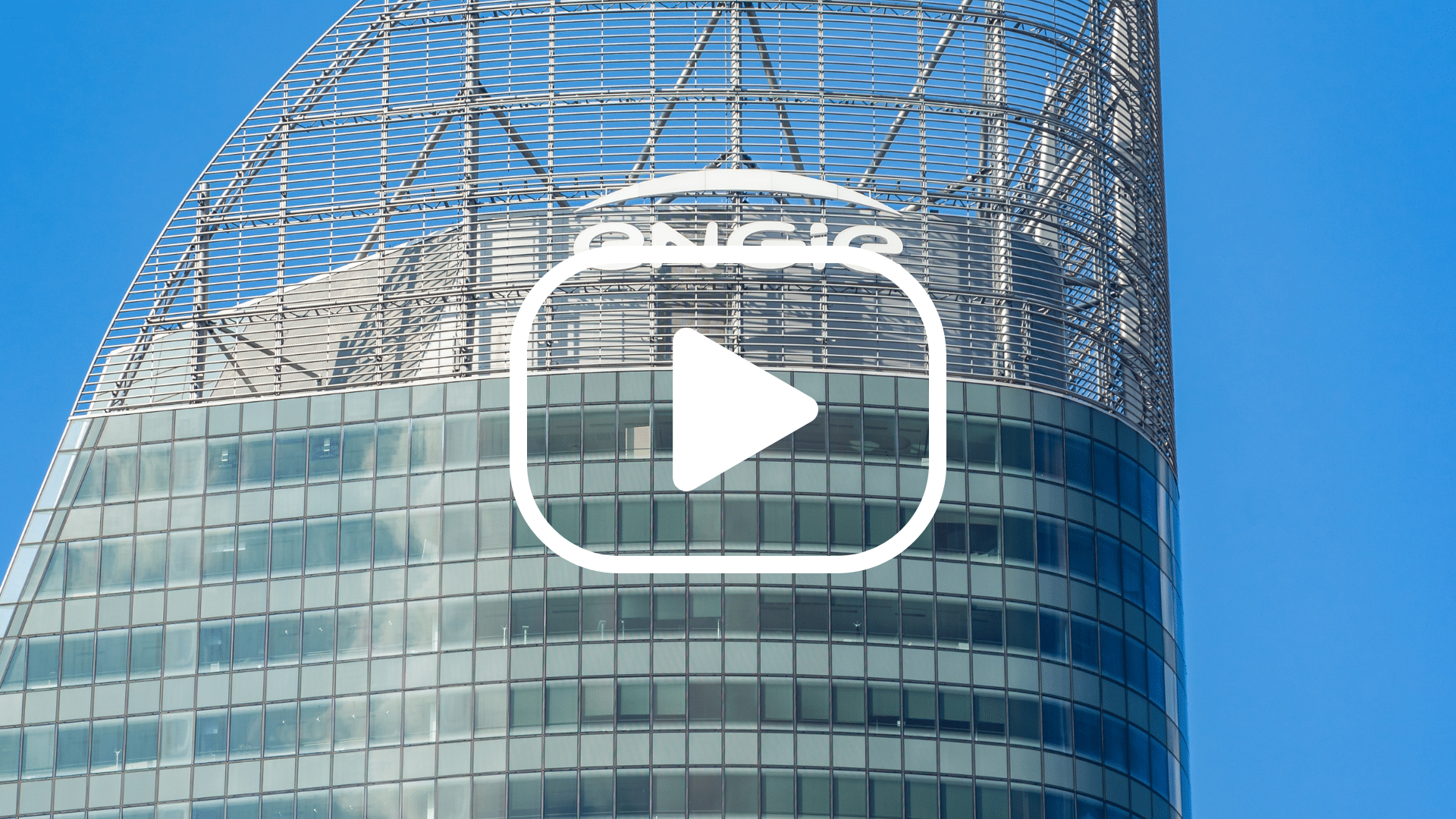With over 100 GW of electricity generation capacity, ENGIE is the largest independent electricity producer worldwide. ENGIE is also one of the most emitting utilities in Europe – ranking first in terms of gas power related emissions in 2021 in Europe - and the third largest emitter of greenhouse gas (GHG) within the CAC40 index.
Since COP21, ENGIE committed to phase out coal by 2025 in Europe and by 2027 in the rest of the world and has already drastically reduced its coal portfolio. So far, 60% of its total coal capacity has been reduced through selling coal assets. Of the remaining 40% coal capacity reduction since 2016, there is a significant portion of planned conversions to fossil gas or biomass.
Read more
The group’s transition strategy entails disposing of its 6 remaining coal assets while increasing its gas power plants fleet, making ENGIE one of the top European developers of gas power plants in the world, with over 4.5 GW of additional capacity currently planned. ENGIE is vaguely planning to fully decarbonize its gas use by 2045, but its LNG-related activities have been growing since the beginning of 2022 and the group is expected to maintain this trend.
ENGIE's transition strategy only aligns with a "well below 2°C" trajectory, and several key indicators are missing. However, the scientists' recommendations for the power sector are clear: decarbonizing electricity is a fundamental lever to limit global warming, and power generation must reach net zero as early as 2035 in the EU/OECD, and by 2040 in the rest of the world to stay on a 1.5°C trajectory.
In this webinar, we will discuss ENGIE’s transition strategy, and particularly the key indicators missing to assess its degree of alignment with a 1.5°C scenario as well as the group’s increasing involvement in fossil gas, which challenges its commitment to decarbonize its gas use by 2045. Then, we will take a step back and consider the issues surrounding gas-fired power generation and why its inclusion in the European taxonomy for sustainable activities shouldn’t justify supporting new gas power plant projects. We will conclude with a comparison of ENGIE's fossil gas and renewable energy strategies with those of its European peers.




